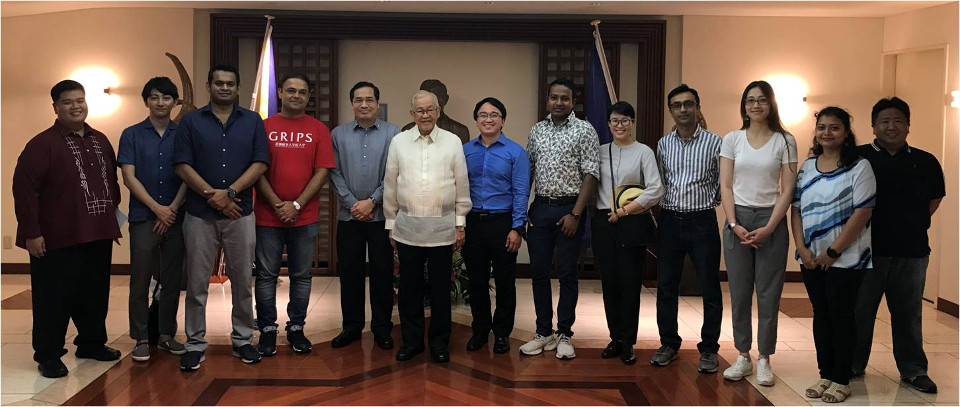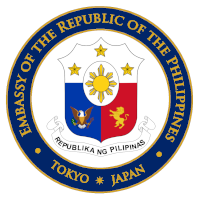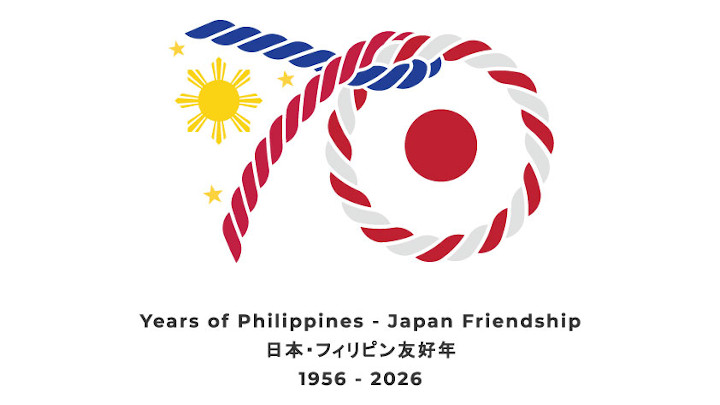Embassy Shares The Philippine Success Story with Tokyo-based Graduate Students

Ambassador Jose C. Laurel V (6th from left) and DCM Robespierre L. Bolivar (5th from left) with
visiting graduate students from the National Graduate Institute of Policy Studies (GRIPS), Tokyo
As part of a proactive campaign to promote the country’s success story, the Philippine Embassy in Tokyo hosted a roundtable discussion and networking event with graduate students from the National Graduate Institute of Policy Studies (GRIPS) in Tokyo on 19 August 2019. Twelve government officials from eight (8) countries in Asia, all of whom are completing graduate studies at GRIPS, participated in the event.
In his welcome remarks, Ambassador Jose C. Laurel V underscored the importance of education, especially among young government officials. He lauded the economic development efforts of all the countries represented at the event, noting that “we are in the midst of the Asian Century and in the coming decades Asia will continue to drive global politics and economics”.
The Embassy’s Deputy Chief of Mission Robespierre L Bolivar provided an overview of the Philippines – its political and economic structure and its foreign policy priorities. He shared insights into the of Philippines-Japan bilateral relations, and its importance to PH’s economic development. He emphasized the Duterte administration’s passage of new landmark legislation on universal health care, free tertiary education, equitable tax reforms and, peace and development in Mindanao.

DCM Robespierre L. Bolivar provides a snapshot of current developments in the
Philippine political, economic and foreign policy spheres.
Discussing the Philippines’ Second Voluntary National Review on its implementation of the Sustainable Development Goals (SDGs), Mr. Bolivar highlighted “the country’s significant progress in meeting the SDGs, particularly in providing quality education, ensuring decent work and economic growth, and climate action.”
He shared that “In terms of SDG 4 (Quality Education), we have registered considerable improvement in primary and secondary school net enrolment and completion rates. In terms of SDG 13 (Climate Action) the Philippines works closely and actively with other countries which are vulnerable to the effects of climate change to ensure that our economic development is sustainable and our communities are resilient”.
During the open forum, the participants raised questions about the Philippines’ policy towards the South China Sea, the recent discussions about a possible shift to a federal form of government, monetary policy, and the Philippines’ efforts to build sustainable and resilient communities.
The GRIPS graduate students, all of whom are government officials in their home countries, are experts in global governance, public policy, public finance, and infrastructure.
Founded in 1977 and located in the heart of Tokyo, GRIPS is an international premier policy school that excels at providing interdisciplinary education for future leaders in the public sector and conducts research on contemporary policy issues to generate innovative solutions.



























